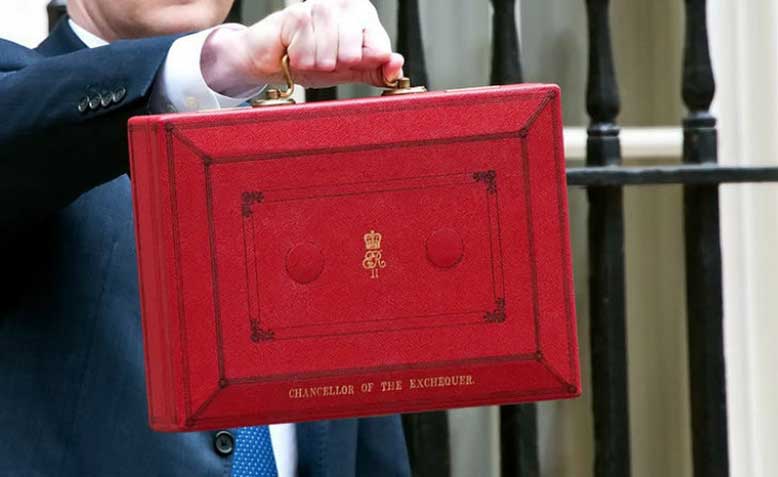
Sunak’s budget is nothing but an attempt to get the economy back to business as usual, writes Susan Newman
As expected, Sunak has announced a very large budget in order to tackle the enormous and inevitable unemployment that will arise as the government wraps up the furlough scheme in October. The budget reflects the dangerous short-termism of the government that seeks to reopen the economy as quickly as possible as its earlier mismanagement has cost the economy severely. It’s desire for economic recovery will have serious human costs estimated by former SAGE advisor David King to amount to 27,000 excess deaths by next April.
£2bn has been earmarked for a “kickstart” job creation scheme for young people to fund hundreds of thousands of jobs for six months. Whilst this policy is better than the alternative to no government intervention, it will likely act to reinforce the pre-existing UK economic structure characterised by a large services sector run on the backs of people employed on low-wage and precarious contracts.
The government could have introduced a scheme that linked these new jobs to sectors with public benefit such as in renewable energy and decarbonised industry that is covered elsewhere in the budget. These jobs could be linked directly to useful training and skills development. The budget could have been directed at funding secure jobs in the public sector.
Instead, the scheme amounts to subsidising the private sector to create or maintain low wage, insecure and temporary jobs. Many of these jobs will likely be in service industries that employ young people at the minimum wage. This simply delays rather than solves the problem of youth unemployment until January.
Another example in the budget that the government is seeking to restore the economy to pre-crisis norms is the increase in the threshold for stamp duty from £125,000 to £500,000. Those purchasing second homes and buy-to-let properties will also see a benefit as they will be liable only to pay the 3% extra duty. With new loan to value caps imposed by mortgage lenders it is difficult to see how this scheme will help any but those first-time buyers already in a relatively strong financial position to get on the property ladder.
This policy is of course not designed as a solution to the housing crisis in the UK.That would involve a programme of mass homebuilding, expanded provision of council housing and strict legislation for affordable rent and secure tenancy. It serves only to boost the housing market (recall that estate agents were among the first reopen as the lockdown was lifted). The housing market in the UK serves as an arena for preservation of wealth and the maintenance of high house prices is central to that. It is central to the architecture of the UK’s financialised economy that the government seeks to preserve.
The VAT cut for hospitality is also an indication of the governments wish to return to business as usual by boosting consumption expenditure of middle-incomeearners who are most likely to “eat out to help out”. Whilst this is a recognition that some sectors have been particularly hard hit it is not clear that this will have much of an impact on raising consumer spending and boosting the economy. After all, there are only so many meals that a person can eat in a day. Hospitality is characterised as a low productivity low-wage sector in the UK economy. A cynical explanation for the governments focus on hospitality is that it hopes that a recovery in the sector will help to transfer workers from universal credit into jobs on zero hour contracts and minimum wage and at the same time ensure rent payment to commercial landlords. If the government really wanted to increase consumption expenditure it could do this more effectively by reducing VAT on essential items and redistributing income towards the poorest in society who tend to spend a larger proportion of their income on consumption.
The budget does include some important expenditures on green investment. These are narrowly focused on reducing carbon emissions related to housing and public buildings. Green investment in the budget appear as an add-on rather than an integrated and coherent policy that should be linked to industry support, job creation and training. A quick comparison of the amount budgeted here (£3bn for decarbonising housing and public buildings) with the £2.8bn bailout for airlines and car manufacturers as part of the Bank of England’s Covid Corporate Financing Facility lays bare the true nature of the government’s commitment to decarbonising the economy.
Real commitment to decarbonising the economy would translate to policies for the fundamental restructuring of economic activities that ensure a just transitioning for workers through reskilling and redeployment from sunset industries along the lines of Labour’s Green New Deal that tragically Starmer is now stepping away from.
Sunak’s budget is nothing but an attempt to get the economy back to business as usual rather than to seriously address many structural inequalities in British society that the pandemic has surfaced so inexorably.

